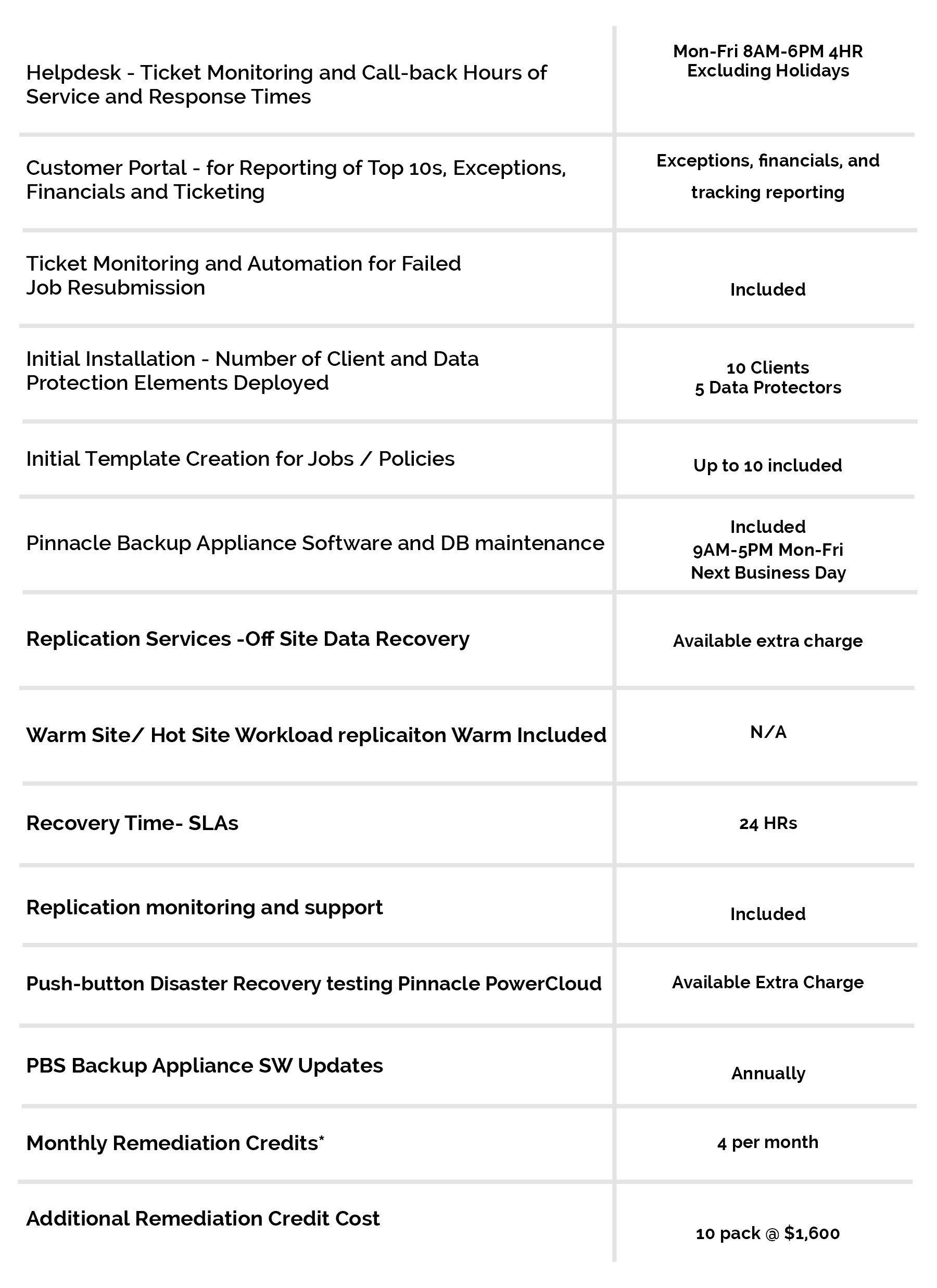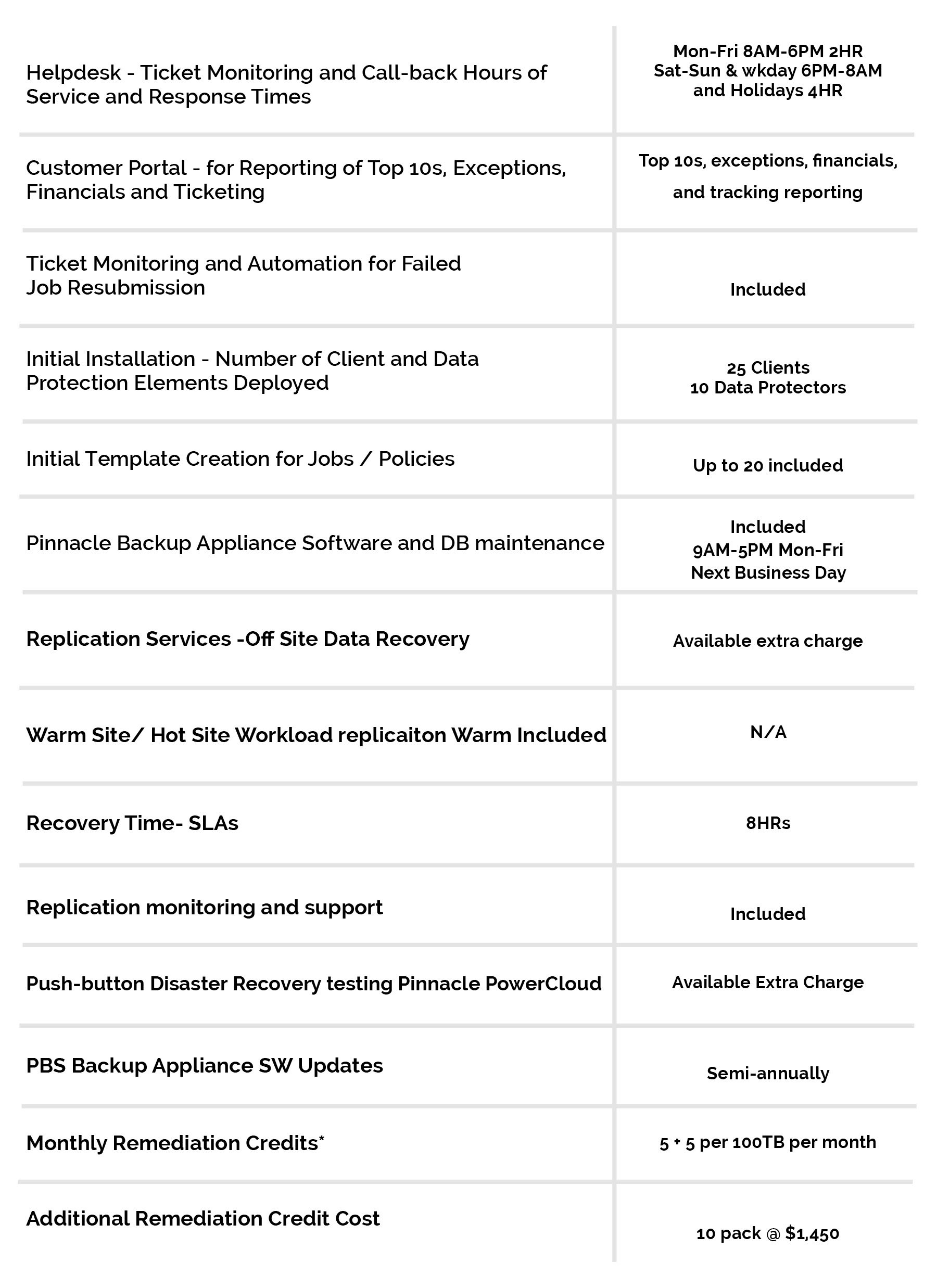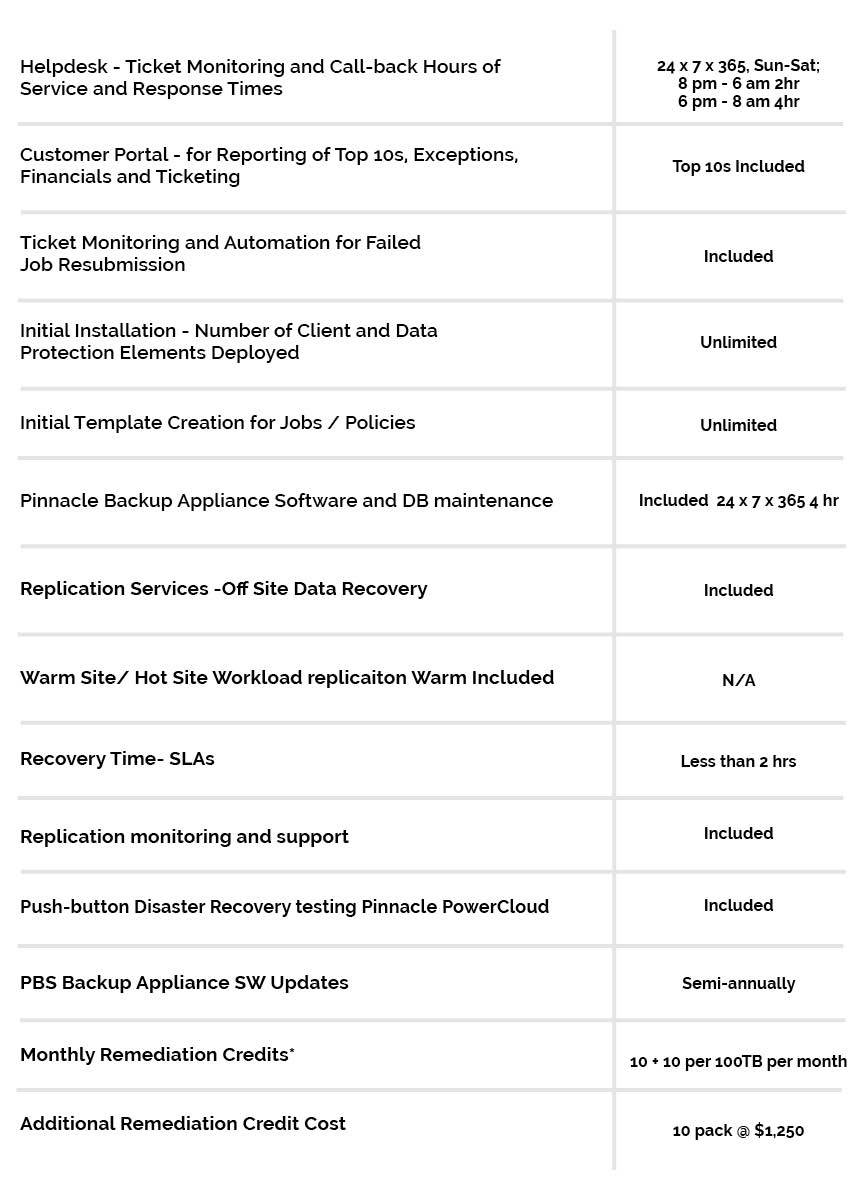10 Apr Benefits of wireless, edition 1: Retail
The benefits of going wireless are becoming more apparent, especially in the retail industry. Mobile retail opportunities continue to expand, and organizations have to stay on top of their wireless strategies and make sure they are getting the most out of their own computing infrastructure, among other key functions.
According to the Pew Research Center, 77 percent of American adults own a smartphone now. This means that retail organizations especially need to increase their level of involvement with mobile technologies – because they have to go where the customers are, after all. Not only that, but mobile and wireless tech is helping retailers collect and utilize data from throughout their supply chains.
Let’s take a look at four important reasons retailers should incorporate wireless technology into their IT strategies:
1. All of that data
Incorporating client data into your operations is a key part of making sure you’re doing everything in your power to accurately assess and meet customer demands. Collecting, storing and analyzing information is critical for companies to adapt their supply chains in tune with the rise and fall of demand.
“Retail companies need to be always up to date with the needs and wants of their customers whichever channels they may be, so that they can innovate and be ahead of their competitors,” wrote Smart Data Collective contributor Jonha Revesencio. “Big data addresses the need for this specific type of information and if acted upon can lead to tremendous sales and profit for retailers.”
“Customers who used more than four channels spent 9% more in the store.”
2. Omnichannel opportunities
It’s increasingly clear that organizations that take advantage of multiple sales channels – i.e., the internet, mobile apps and traditional brick-and-mortar institutions – enjoy a greater competitive advantage over businesses in the same industry that don’t have an omnichannel strategy. According to a study conducted by the Harvard Business Review, not only does omnichannel marketing and operations work – it’s thriving. The HBR’s study of 46,000 of one company’s shoppers found that 73 percent of them were using multiple channels to purchase their items.
In addition, these shoppers were worth greater value to the enterprise in question. Customers who used more than four channels spent 9 percent more in the store.
What does all of this data about omnichannel value mean? It’s simple – retailers need to step up their mobile game and ensure their customers have access to wireless services and mobile stores, for the simple reason that they can gain and retain more loyal customers by tapping into these technologies.
“In today’s channel-rich environment, omnichannel capabilities drive the engagement of core shoppers with the retail brand and ultimately draw them to the physical store,” HBR contributors Emma Sopadjieva, Utpal M. Dholakia and Beth Benjamin wrote. “Traditional retailers with physical stores will do better not only by leveraging the power of the online world, but by synchronizing the physical and the digital worlds to provide shoppers with a seamless, multi-channel experience that online pure plays simply cannot match.”
3. Security tools and solutions
When deploying wireless technologies and investing in new computing infrastructure, security is always a concern. With these tools, however, a long line of solutions are available to help retailers make sure their environments and data remain secure. For instance, when organizations partner with managed services providers like Pinnacle Business Systems, they can invest in wireless intrusion protection systems, location services and wireless authentication tools to enable greater flexibility and security.
This doesn’t just mean that the computing systems of retail chains would be further protected from intrusion. Wireless networking also opens the door to a wide variety of useful surveillance tools that can keep physical locations safe from harm, as well. Having these kinds of security cameras installed comes with a host of benefits, including better surveillance and cost effectiveness.

Wireless security systems offer a wide range of advantages to retailers.
4. Increase productivity
Mobile capabilities aren’t just tools the customers can use to buy products more easily. Mobile powered workstations are also becoming an important part of the retail industry, as organizations are using them to collect and store data from the field instead of having to re-key information written down on paper in remote locations or in the warehouse. In the long run, this cuts down on foot travel and paperwork that would otherwise cost the company time and money – leaving employees free to be productive in other areas. In addition, wireless technologies offer a greater level of flexibility.
Don’t forget to check out the rest of this blog series for more tips and reasons other industries should make the move to wireless. For more information about how going wireless can improve your retail business’s analytics strategies, help you better cater to your customers’ demands and generally stay ahead of the pack, get in touch with the experts at Pinnacle today.





